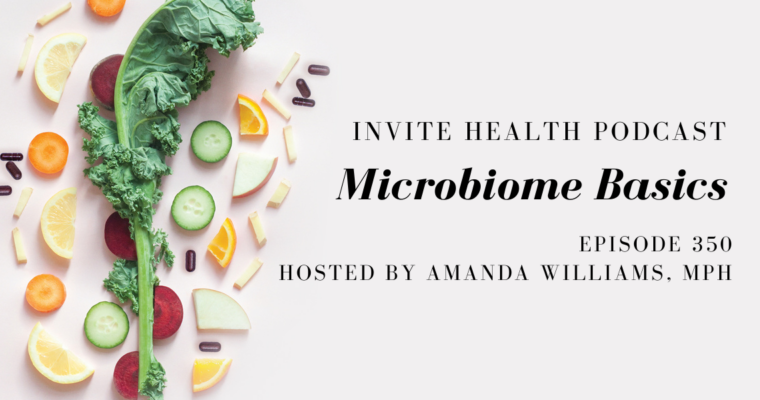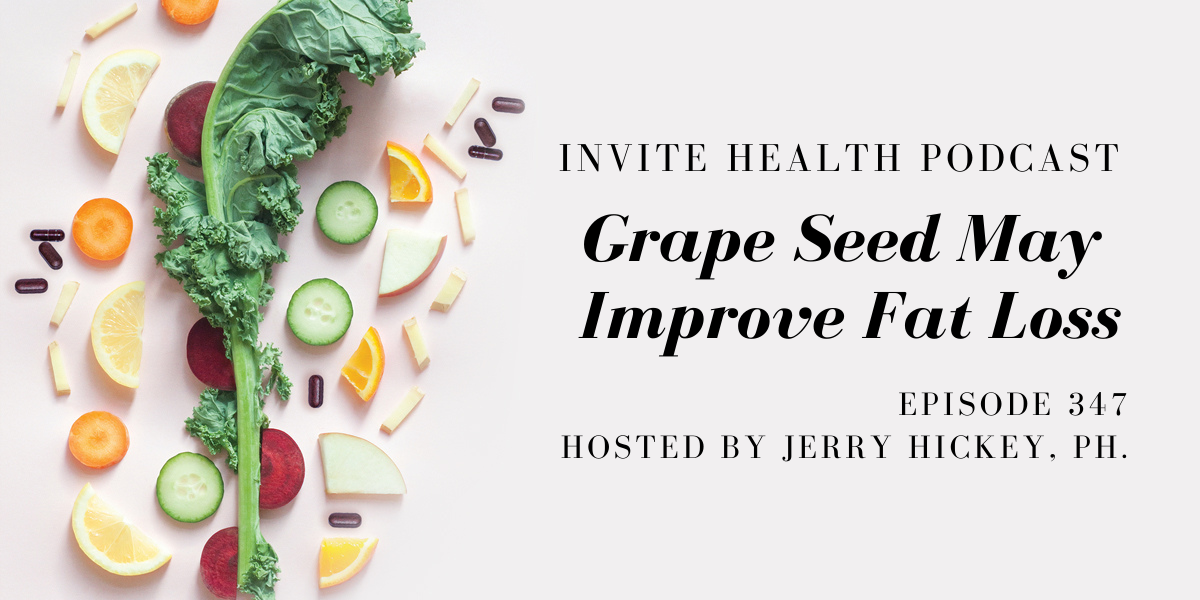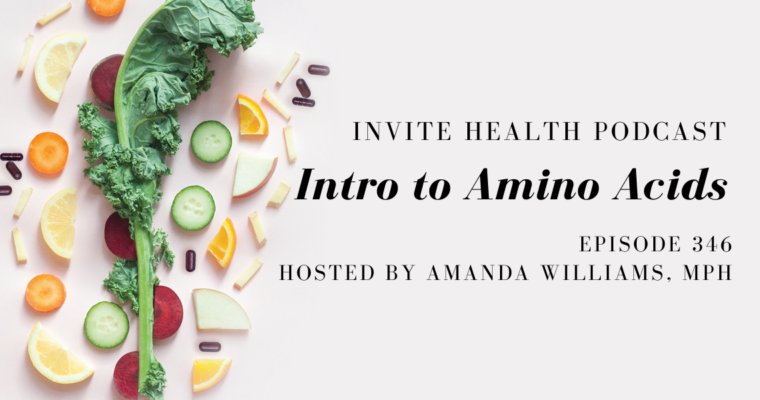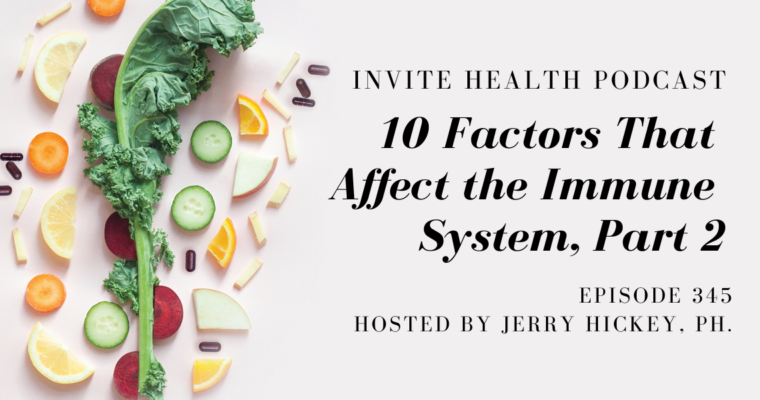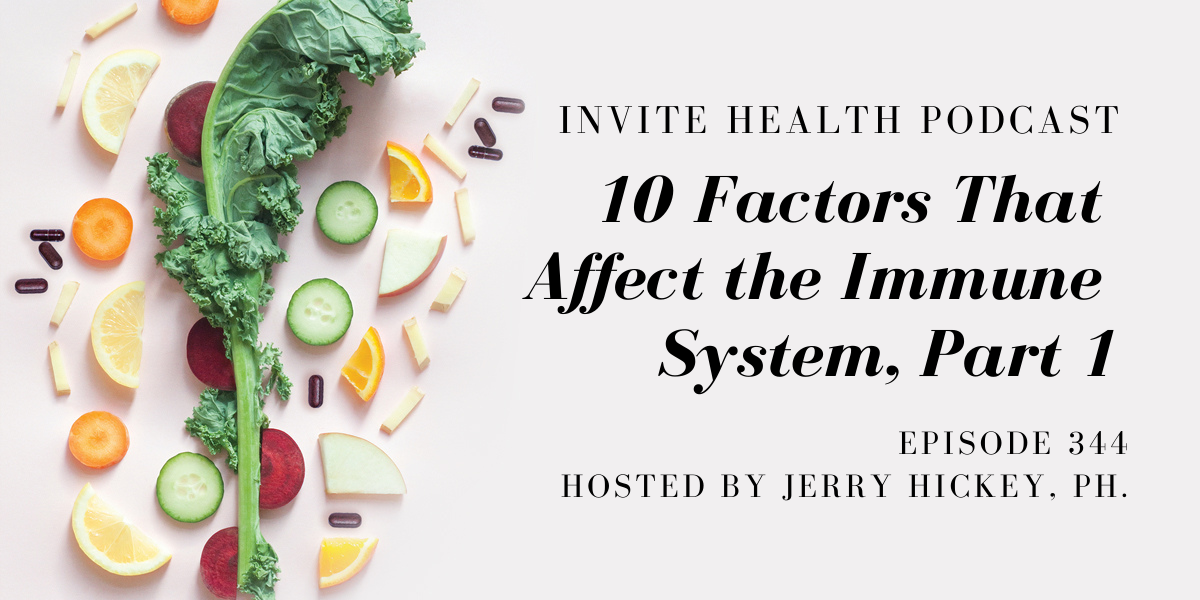immune system
Invite Health Podcast, Episode hosted by Jerry Hickey, Ph.
Subscribe Today!
Our immune system has many jobs. Right at the peak of all of those jobs is protecting you from the outside world. The immune system is designed so it can find and kill foreign invaders like bacteria and viruses. When it’s working well, your immune system is strong enough to prevent you from getting sick when you’re exposed to germs. But there are many factors that impact your body’s immunity.†
The relationship between the microbiome and immunity
About 70% of your immune cells come in contact with your digestive tract, so the shape of your microbiome can impact the way your body defends itself. The microbiome refers to all of the organisms that live with us and use us as their home. Most of this is bacteria, but there is also yeast and viruses. These visitors outnumber us manyfold.†
The organisms in our microbiome certainly impact our health. For instance, when there’s an imbalance in bacteria on the scalp, you experience dandruff. You have to take care of the multitude of organisms that live in your intestines because they are the easiest to shape. This, in turn, will impact the bacteria on your skin, in your lungs, in your bloodstream and elsewhere.†
There are good strains of bacteria as well as bad strains. When there is an excess of bad strains, this can cause inflammation or infections. On the other hand, studies have found that good strains of probiotic bacteria can help promote good immune system function to help fight off viruses and colds, even in very elderly people. These good bacteria help contain the bad ones and calm the immune system, helping to fend off allergies, bacteria, viruses and other harmful cells. You can promote the health of your microbiome by following a good, nutrient-rich diet like the Mediterranean diet, eating some fermented foods and taking a probiotic supplement.†
THE BENEFITS OF PROBIOTICS FOR ALLERGIES – INVITE HEALTH PODCAST, EPISODE 124. Listen Now>>
How sleep impacts the immune system
Your sleep cycle is very important. You have an internal clock called the circadian rhythm. It is controlled by the hypothalamus, which is found in the back of the brain. Your sleep cycle can be thrown off if you go to bed at all different times, drinking alcohol and exercising too late at night.†
Sleep is important because it gives your immune system a chance to recharge. Then, in the morning, when you’re waking up, your immune system needs to be more active because you are often in public and around more people and possible contaminants. When your sleep cycle is inappropriate, the immune system gets muddled and it may become active at the wrong time, making it easier to catch bacteria or viruses.†
SLEEP IS SLEEP, RIGHT? WRONG! – INVITE HEALTH PODCAST, EPISODE 342. Listen Now>>
Nutrients from food for immunity
There are nutrients found in food that can help promote our body’s ability to defend itself. Curry, for instance, has turmeric, which is rich in alkylamines. Alkylamines look like the outside of the virus, so this helps to wake up and activate the immune system. Green tea is also beneficial because it contains polyphenols called catechins. These catechins are also alkylamines. Green tea can also help to weaken viruses and mobilize certain immune cells. Mushrooms are also beneficial as they contain ergothioneine, which is arguably the most powerful natural antioxidant known to science. They also have Vitamin D and beta 1,3 glucan that help adjust the immune system.†
In this episode, Jerry Hickey, Ph. explains multiple factors that impact the body’s ability to defend itself from invading bacteria, viruses and more. He details the importance of taking care of your digestive tract, getting good quality sleep and eating the right foods. Tune in tomorrow for part 2 of this podcast!†
Key Topics:
- The function of the immune system in the body
- What is the microbiome?
- The difference between good and bad bacteria
- What happens during REM sleep?
- How viruses and immune cells work
- Why cortisol is important for immunity
Thank you for tuning in to the Invite Health Podcast. You can find all of our episodes for free wherever you listen to podcasts or by visiting www.invitehealth.com/podcast. Make sure you subscribe and leave us a review! Follow us on Facebook, Twitter and Instagram at Invite Health today. We’ll see you next time on another episode of the Invite Health Podcast.


